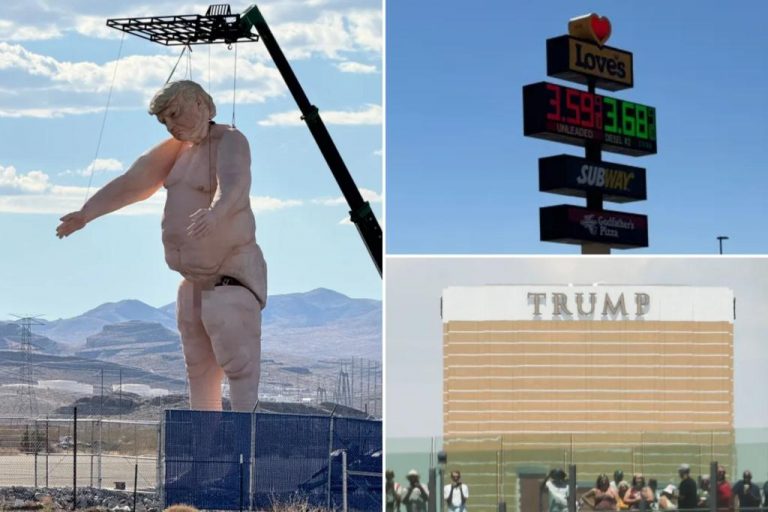More Muslim-American voters support Trump, with 7% rise since 2020: poll
According to a recent poll, nearly a third of Muslim-American voters are in favor of President Trump, showing a significant increase of 7 points from the previous year. This surprising shift in support has sparked discussions and debates within the Muslim-American community and beyond.
While Trump has been known for his controversial statements and policies regarding Muslims, it appears that a growing number of Muslim-Americans are finding common ground with his administration. The reasons behind this shift in support are complex and multifaceted, reflecting the diverse perspectives within the Muslim-American population.
Some argue that Trump’s tough stance on certain foreign policy issues, such as his approach to Iran and the Middle East, resonates with certain segments of the Muslim-American community. Others point to the administration’s economic policies and rhetoric around job creation and entrepreneurship as reasons for their support.
On the other hand, there are those within the Muslim-American community who remain staunchly opposed to Trump and his administration. They cite his divisive rhetoric, controversial travel bans, and perceived Islamophobia as reasons to distance themselves from his policies and rhetoric.
Despite the differing opinions within the community, it is clear that Muslim-American voters are not a monolithic group. Like any other demographic, they exhibit a wide range of beliefs, values, and priorities that shape their political views and decisions.
As the 2024 election approaches, it will be interesting to see how this shift in support for President Trump among Muslim-American voters plays out. Will it continue to grow, or will it level off as other issues come to the forefront of the political discourse?
Regardless of the outcome, one thing is certain: the voice of Muslim-American voters will be an important factor in shaping the future of American politics. Their perspectives and priorities deserve to be heard and considered by candidates from all parties as they seek to earn the support of this diverse and dynamic segment of the electorate.
While Trump’s increased support among Muslim-American voters may come as a surprise to some, it serves as a reminder that political beliefs and affiliations are not always black and white. In a complex and ever-changing political landscape, the only constant is the need for open dialogue, understanding, and respect for the diverse perspectives that make up the fabric of American society.
As the debate continues, one thing is for certain: the voice of Muslim-American voters will play a crucial role in shaping the future of American politics. Their support, concerns, and aspirations must be taken into account by all candidates seeking to lead this nation forward into the next chapter of its history.








